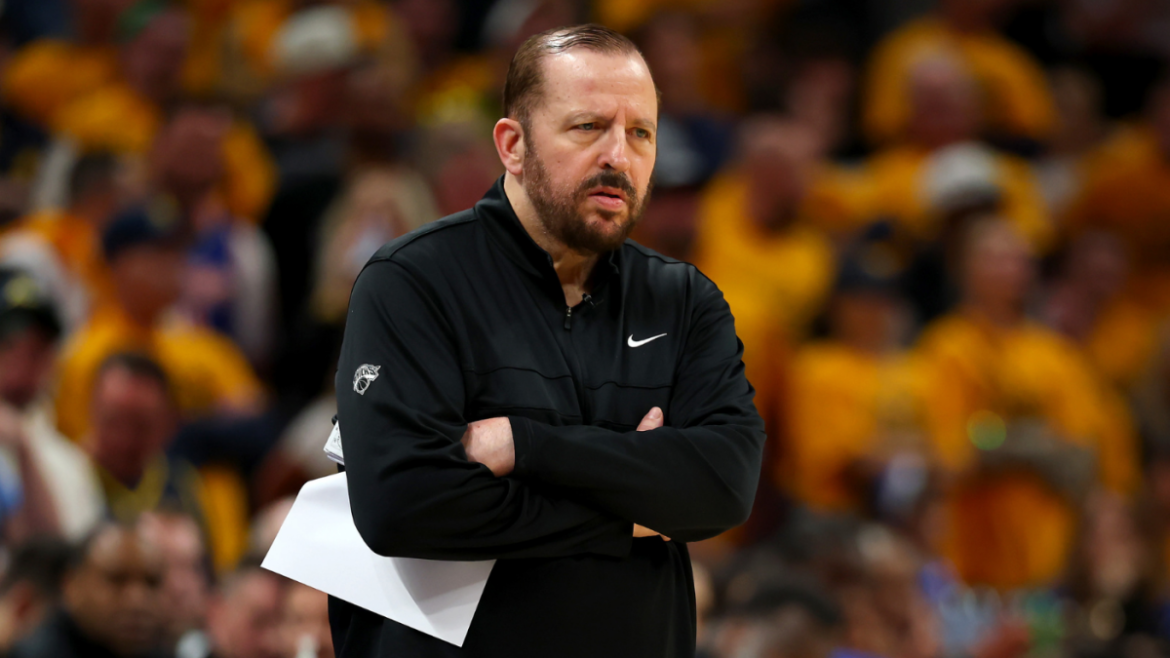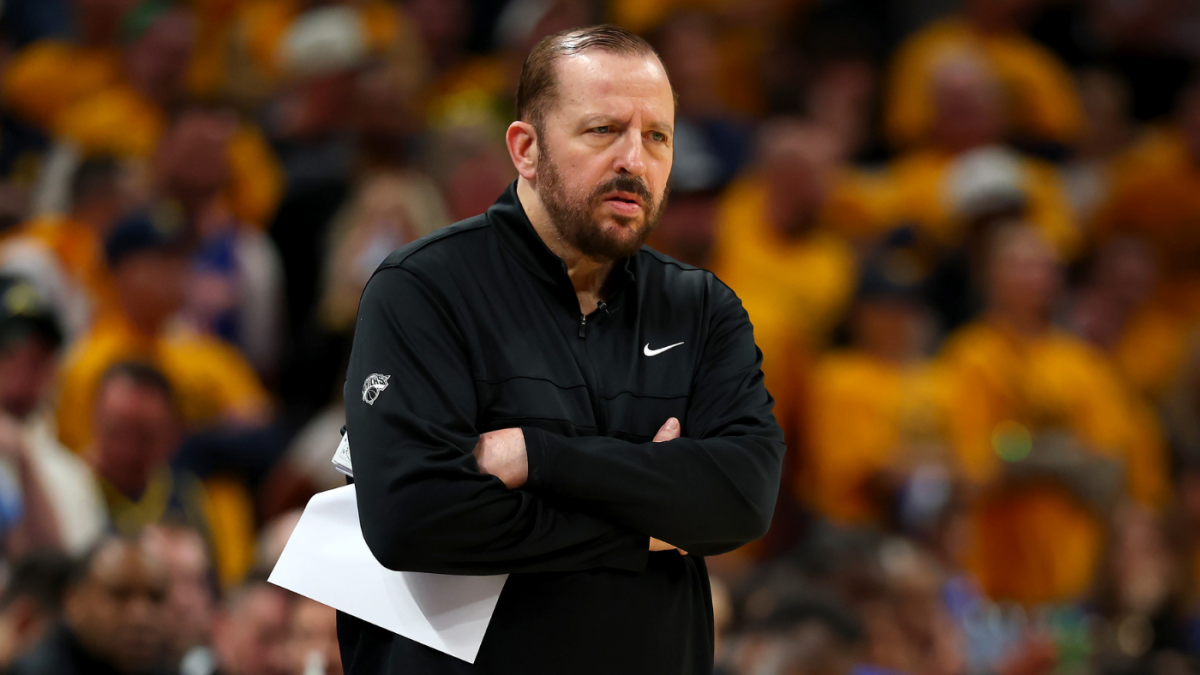The Dynamics of Support: Tom Thibodeau, Jalen Brunson, and Leon Rose in the Knicks Organization
The New York Knicks have experienced a mix of highs and lows in recent seasons, and much of the team’s identity and trajectory are closely tied to the interplay among head coach Tom Thibodeau, star guard Jalen Brunson, and team president Leon Rose. Understanding the nuances of these relationships and the organizational decisions reveals why the Knicks’ leadership remains steadfast in their current direction despite setbacks.
—
The Pillars of Support for Thibodeau
Tom Thibodeau’s position as the Knicks head coach, especially during uncertain moments such as postseason losses, appears remarkably secure. Multiple sources indicate that Thibodeau has the unwavering backing of Leon Rose, who not only serves as team president but also was Jalen Brunson’s former agent. This interconnection lends a deeper level of trust and commitment within the Knicks’ leadership framework.
Thibodeau’s recent three-year contract extension underscores the organization’s long-term commitment. Despite occasional criticism relating to rotational stubbornness or heavy starter minutes, the prevailing sentiment is that Thibodeau’s coaching has created a competitive and resilient squad that continues to evolve. His reputation as a two-time NBA Coach of the Year enriches his credibility within the team culture and among the Knicks’ management.
—
Jalen Brunson’s Role: Player, Advocate, and Catalyst
Jalen Brunson’s arrival in 2022 was deeply influenced by his desire to play under Thibodeau. His public and private support for Thibodeau is notable, going beyond the typical player-coach relationship into one marked by personal alignment and professional belief. Brunson’s commitment to the Knicks seems inspired not only by his basketball role but also by family ties — his father, Rick Brunson, an experienced assistant coach, recently joined the Knicks’ coaching staff, reuniting with Thibodeau.
Brunson’s outspoken defense of Thibodeau, especially when questioned by the media about the coach’s future after disappointing losses, signals a strong locker room loyalty. This adds to the cultural cohesion of the team and suggests that managerial changes at the helm are unlikely without unanimous backing from the star players.
—
Leon Rose’s Influence and Decision-making
Leon Rose’s stewardship as team president has been pivotal in charting the Knicks’ course. His decisions to secure Tom Thibodeau’s coaching services and facilitate Jalen Brunson’s signing demonstrate a strategic vision focused on stability and growth. Rose’s previous relationship with Brunson as his agent likely facilitates seamless communication and trust among the upper management, coaching staff, and key players.
Rose’s approach to maintaining the coaching staff, including enabling Rick Brunson’s hiring, shows both a respect for established relationships and recognition of the value in continuity. Owner James Dolan’s apparent delegation of authority to Rose also suggests confidence in his hands to manage high-stakes personnel decisions without external interference.
—
Team Chemistry and Long-Term Vision
The knit of relationships among Thibodeau, Brunson, and Rose fosters a culture of belief, even when short-term goals fall short. The Knicks, under this leadership umbrella, appear to be building gradually — combining sound drafting, free agency acquisitions, and staff cohesion.
Critics occasionally point to Thibodeau’s coaching style or player utilization, but the overarching narrative is that New York is on a consistent upward trajectory. The support from both the locker room and front office cultivates a stable environment conducive to sustained success rather than reactionary changes after every setback.
—
Impact of Family Ties and Mutual Histories
An additional layer shaping the Knicks’ environment is the familial and professional ties: Rick Brunson’s repeated collaborations with Thibodeau in various franchises, combined with Rose’s history with both parties, build a trust network that transcends mere contractual obligations. It fosters a “family” atmosphere that Jalen Brunson has publicly embraced.
These bonds provide a unique source of motivation and cohesion within the team, contributing positively to player buy-in and cultural identity, which are critical in the demanding landscape of the NBA.
—
Conclusion: Stability Amidst Pressure—A Formula for Sustainable Progress
In a league characterized by rapid changes and volatile coaching tenures, the Knicks’ scenario stands out for its remarkable stability. Tom Thibodeau retains the unequivocal support of Jalen Brunson and Leon Rose, signaling an organizational commitment to a clear vision and cultural framework.
This stability, underpinned by personal trust and aligned ambitions, positions the Knicks to build upon their recent successes, refine their competitive edge, and strive for greater achievements in coming seasons. Rather than reactionary shifts, the Knicks prioritize sustained growth, trusting that the synergy between leadership and star players will eventually drive them all the way to NBA championship contention.





